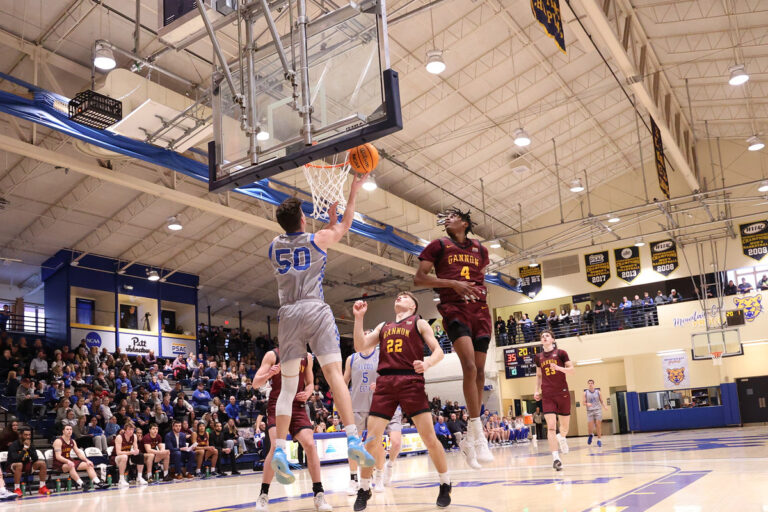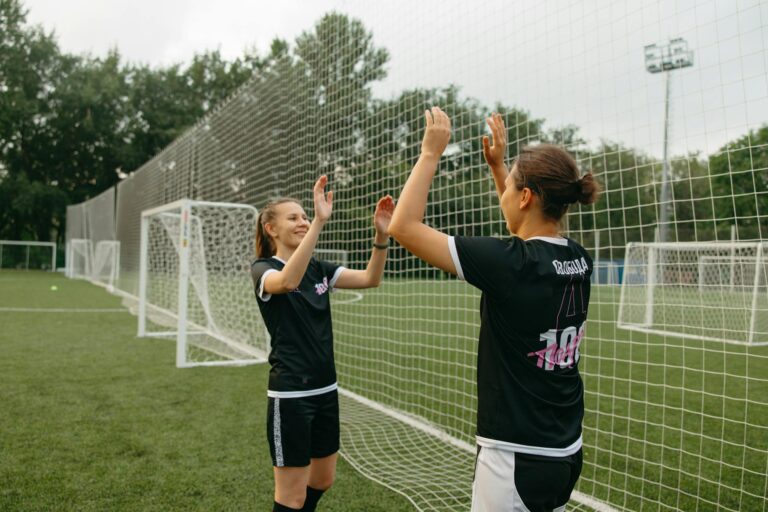The below was inspired by the academic paper “Emotional Reactions to Killing in Remotely Piloted Aircraft Crewmembers During and Following Weapon Strikes.” The link to the full-text paper is included at the end of the article.
The pursuit of excellence in any high-stakes environment demands peak performance, not just physically but mentally and emotionally. Whether it’s an elite athlete on the field or a military operator in a combat scenario, the ability to manage stress, maintain focus, and process intense experiences is crucial. As athletic directors and general managers, you’re deeply invested in cultivating this resilience in your athletes. Recent research on the psychological impact of remote warfare offers compelling insights into the human response to high-stress situations, and these findings have direct relevance to the world of professional and college sports.
The Psychological Demands of Elite Performance
High-performance athletes face a unique set of stressors. The pressure to win, the scrutiny of the media and fans, the physical toll of training and competition, and the uncertainty of outcomes can create a volatile emotional landscape. Just as military personnel are trained to handle the extreme pressures of combat, athletes must develop mental toughness to navigate their challenges.
In many ways, the psychological demands on athletes mirror those experienced by military operators. Consider these parallels:
- High Stakes and Consequences: Athletes compete in environments where the outcome has significant consequences – a win or loss can affect their career, team standing, and public perception. Similarly, military personnel operate in situations where their decisions directly impact lives and mission success.
- Intense Focus and Precision: Elite sports require unwavering focus and precise execution. A momentary lapse in concentration can cost a game. Military operations, especially those involving precision strikes, demand the same level of attention and accuracy.
- Emotional Regulation: Athletes must manage their emotions under pressure. Anger, frustration, anxiety, and disappointment can impair performance. Military personnel also need emotional regulation to make sound judgments in stressful and rapidly evolving situations.
- Post-Event Processing: After a major competition, athletes must process their performance, both the successes and the failures. This processing can involve intense emotions, self-evaluation, and coping with the aftermath. Military personnel undergo a similar process after combat missions, where they reflect on their actions and the outcomes.
Insights from Remote Warfare Research
The study by Chappelle et al. (2018) on the emotional reactions of U.S. Air Force remotely piloted aircraft (RPA) crewmembers provides a valuable lens through which to examine these psychological demands. RPA crewmembers engage in combat from a safe distance, using real-time video feeds to conduct surveillance, reconnaissance, and precision weapon strikes. The study revealed that despite the physical distance from the battlefield, RPA crewmembers experience significant emotional and physiological responses to their missions. This emotional engagement has important implications for understanding the psychological resilience required in high-stress environments.
Key Findings and Applications to Sports
- Emotional Complexity: RPA crewmembers reported experiencing a wide range of both positive and negative emotions. Positive emotions included pride, satisfaction, and a sense of accomplishment, often tied to their belief in the importance of their mission and their proficiency in their role. Negative emotions such as anger, frustration, anxiety, and sadness were also common, frequently linked to the consequences of their actions and the challenges of combat.
- Relevance to Athletes: Athletes also experience a complex mix of emotions. Pride and joy after a win, disappointment and frustration after a loss, anxiety before a big game, and the weight of responsibility to their team and fans. Recognizing and addressing this emotional complexity is crucial for athlete well-being.
- Impact of Responsibility and Consequences: Negative emotions in RPA crewmembers were often associated with their sense of responsibility for the outcome of missions, particularly when unintended consequences occurred, such as civilian casualties.
- Relevance to Athletes: Athletes carry a tremendous responsibility to their team, coaches, fans, and themselves. The consequences of their performance can be significant, leading to intense emotional responses. Understanding how athletes process this responsibility and cope with the consequences of their actions is vital.
- Need for Support and Intervention: The study highlighted that a significant percentage of RPA crewmembers experienced negative emotional reactions that affected their functioning. However, many did not seek help from available mental health professionals.
- Relevance to Athletes: This finding underscores the importance of providing accessible and effective mental health support for athletes. Creating a culture where seeking help is encouraged and destigmatized is essential.
- Importance of Proactive Strategies: The research emphasizes the need for training and interventions to help RPA crewmembers manage the emotional challenges of their work.
- Relevance to Athletes: Similarly, athletes benefit from proactive strategies to develop mental resilience. This can include psychological skills training, stress management techniques, and counseling services.
Practical Implications for Athletic Directors and General Managers
- Prioritize Mental Health: Recognize that mental and emotional well-being are as crucial as physical conditioning for athletic performance. Invest in comprehensive mental health resources for your athletes.
- Promote a Supportive Environment: Create a culture that encourages athletes to seek help when needed. Reduce the stigma associated with mental health struggles and emphasize that seeking support is a sign of strength.
- Provide Access to Mental Health Professionals: Ensure that athletes have access to qualified psychologists, counselors, or therapists with experience working with high-performance individuals.
- Implement Proactive Training: Incorporate psychological skills training into athlete development programs. Teach athletes techniques for stress management, emotional regulation, focus, and resilience.
- Facilitate Post-Event Processing: Provide structured opportunities for athletes to process their experiences after competitions, both wins and losses. This can include individual or team debriefs, counseling sessions, or peer support groups.
- Educate Coaches and Staff: Train coaches and staff to recognize signs of emotional distress in athletes and to provide appropriate support and referrals.
Conclusion
The study of emotional responses in remote warfare offers valuable lessons for the world of sports. By understanding the psychological demands of high-stress environments and implementing proactive strategies to support mental health, athletic directors and general managers can cultivate resilience in their athletes and foster a culture of well-being that promotes both performance and personal growth.

